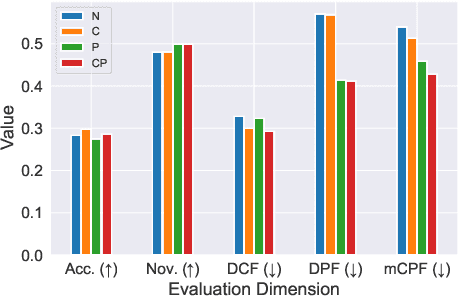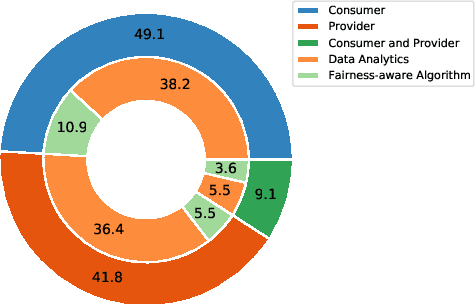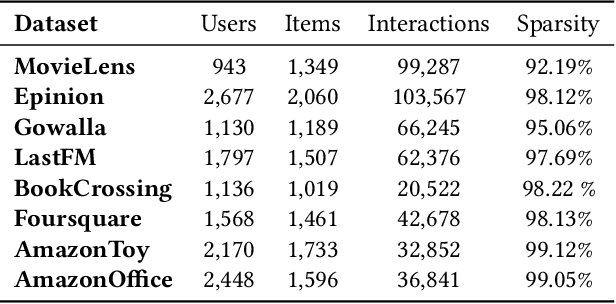CPFair: Personalized Consumer and Producer Fairness Re-ranking for Recommender Systems
Paper and Code
Apr 17, 2022



Recently, there has been a rising awareness that when machine learning (ML) algorithms are used to automate choices, they may treat/affect individuals unfairly, with legal, ethical, or economic consequences. Recommender systems are prominent examples of such ML systems that assist users in making high-stakes judgments. A common trend in the previous literature research on fairness in recommender systems is that the majority of works treat user and item fairness concerns separately, ignoring the fact that recommender systems operate in a two-sided marketplace. In this work, we present an optimization-based re-ranking approach that seamlessly integrates fairness constraints from both the consumer and producer-side in a joint objective framework. We demonstrate through large-scale experiments on 8 datasets that our proposed method is capable of improving both consumer and producer fairness without reducing overall recommendation quality, demonstrating the role algorithms may play in minimizing data biases.
 Add to Chrome
Add to Chrome Add to Firefox
Add to Firefox Add to Edge
Add to Edge